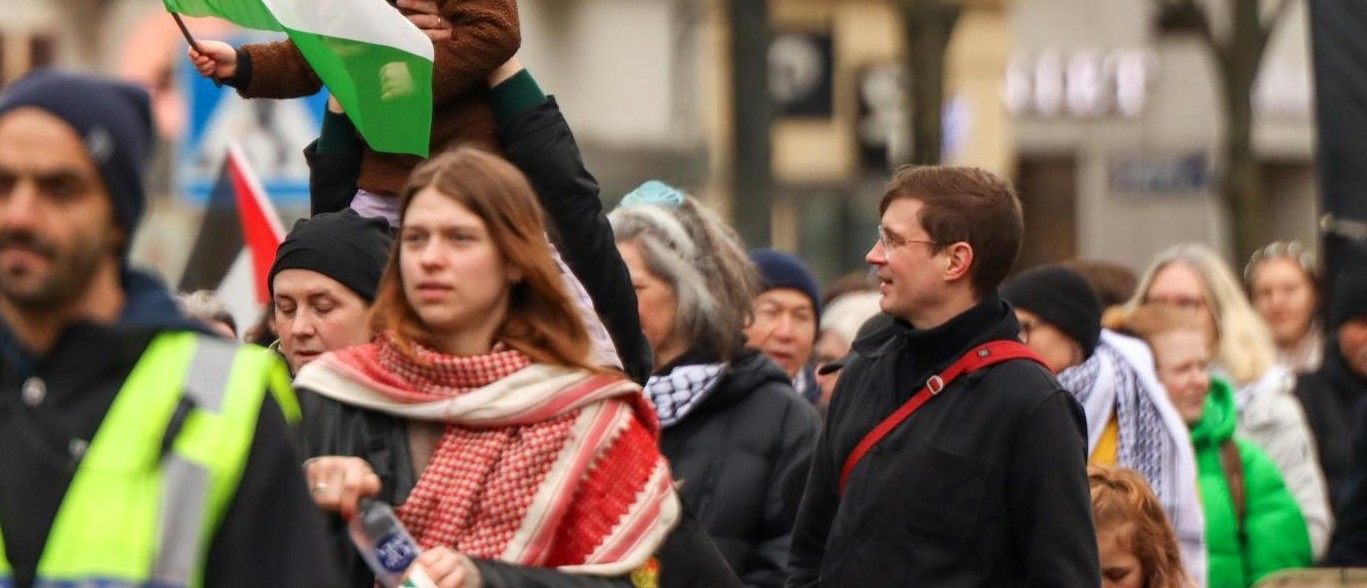Mass Arrests at Palestine Action Protest

Police make more than 400 arrests at Palestine Action Protest.
On Saturday, police arrested 474 people in Westminster during a demonstration in support of the proscribed group Palestine Action.
The Metropolitan Police confirmed that 466 of those arrests were for showing support for the banned organisation, with the remainder linked to assaults on officers, public order offences, and a racially aggravated offence.
From a criminal defence solicitor’s perspective, these arrests raise important questions about the application of the Terrorism Act 2000, the boundaries of lawful protest, and the protection of free expression under UK and international law.
The Legal Context
Palestine Action was proscribed in July 2025, making membership of – or support for – the group a criminal offence punishable by up to 14 years in prison.
Under the legislation, “support” can include actions such as displaying placards, chanting slogans, or making public statements in favour of the group – even if no violence occurs.
Saturday’s protest, organised by Defend Our Juries, saw participants reveal placards reading “I oppose genocide. I support Palestine Action” in Parliament Square. This coordinated action triggered mass arrests, making it the largest single-day arrest operation by the Met in a decade.
Due Process and Policing Powers
The police established temporary processing points to confirm arrestees’ details. Those who complied were bailed with conditions, including a ban on attending further protests in support of Palestine Action. Those who refused to identify themselves were taken into custody.
From a defence perspective, key concerns include:
- Whether each arrest met the legal threshold for “support” under the Terrorism Act.
- The proportionality of using terrorism legislation against peaceful demonstrators.
- The implications of bail conditions that restrict political expression before trial.
Statements and Reactions
Home Secretary Yvette Cooper defended the ban and the arrests, citing “serious attacks” committed by the group and ongoing security concerns.
Shadow Home Secretary Chris Philp said those supporting a proscribed group “should feel the full force of the law”.
However, Amnesty International called the arrests “deeply concerning” and “disproportionate to the point of absurdity”, warning that the UK’s terrorism laws are overly broad and risk infringing on legitimate protest rights.
Security experts also highlighted that the legislation was originally drafted to target armed militant organisations such as the IRA or al-Qaeda, not protest groups. This raises complex questions about legislative intent and its modern application.
Defence Considerations Going Forward
Those arrested now face potential prosecution under terrorism legislation. Defence lawyers will likely examine:
- Whether the act of holding a placard constitutes “support” in law.
- Human rights arguments under Articles 10 and 11 of the European Convention on Human Rights (freedom of expression and assembly).
- The proportionality of police and prosecutorial decisions.
This weekend’s events will likely become a test case for the scope of proscription offences, and may set important precedents for future protest policing in the UK.
Conclusion
While the government emphasises public safety and national security, the defence community stresses the importance of safeguarding lawful dissent. The courts will now have to navigate the fine line between combating serious criminality and upholding fundamental democratic freedoms.
How We Can Help
If you know of someone who attended the protest – or any protest – and would like to find out more about legal representation for such protests – our experts are hand to help. Call us 0161 477 1121 or Message Us to speak to one of our team.


